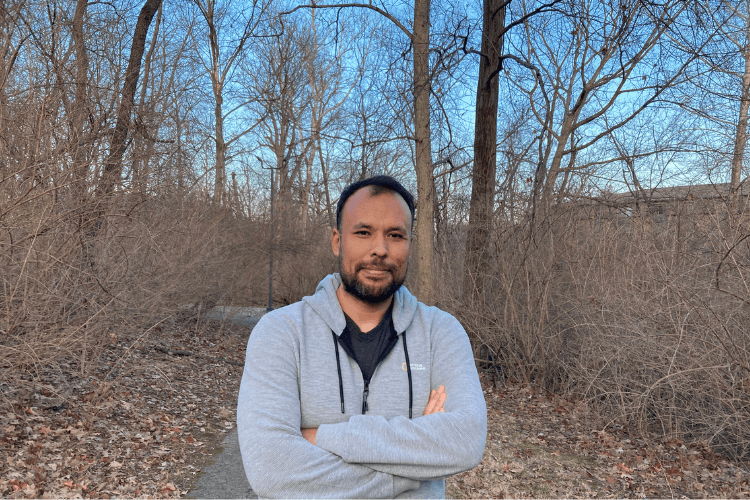All Out War: How Mechanical Engineering Is Contributing to The Fight Against Cancer
 Vahidullah Tac, Purdue graduate student and InnovatED magazine cover story winner
Vahidullah Tac, Purdue graduate student and InnovatED magazine cover story winner
By: Vahidullah Tac
Cancer is arguably one of the most painful experiences that a person can undergo. In 2022 alone, approximately 1.9 million new cases of cancer were diagnosed in the United States, according to the American Cancer Society. Be it through the physical toll of illness or the emotional trauma of witnessing a close relative suffer from the disease, cancer destroys lives. Given this, it is no surprise that cancer research is a top priority of many scientists and research institutes.
Cancer is a multidimensional problem, and vanquishing it requires simultaneous attacks from multiple fronts. This can include common treatments like chemotherapy, surgical tumor removal, and the use of medications and vaccines. However, many people don’t consider the role mechanical engineering plays in the fight against cancer.
For example, one of the most difficult experiences that a lot of cancer patients go through in their treatment is the surgery performed to remove cancerous tumors. During this surgery, a large part of skin surrounding the tumor must often be removed, and the remaining skin must be stretched to cover any openings. Currently, the entire surgery, including decisions on where to cut and how much strain to apply to the skin, is all based on the personal experience of the surgeon performing the surgery. Even if the surgeon is highly experienced, this can cause problems, as skin is a material that has vastly different mechanical properties across different age groups, ethnicities, and sexes. To tackle this problem, we need advanced tools that can predict how a given patch of skin will react under loads. That is where mechanical engineering comes in!
At first glance, mechanical engineering is an unlikely protagonist in this story. After all, what do cars, airplanes, tractors, and other machinery have to do with surgery and skin? Well, a lot, as it turns out...
Read the rest of Vahidullah's research story in this year's edition of InnovatED Graduate Research Magazine at: https://www.purdue.edu/gradschool/professional-development/innovated.php